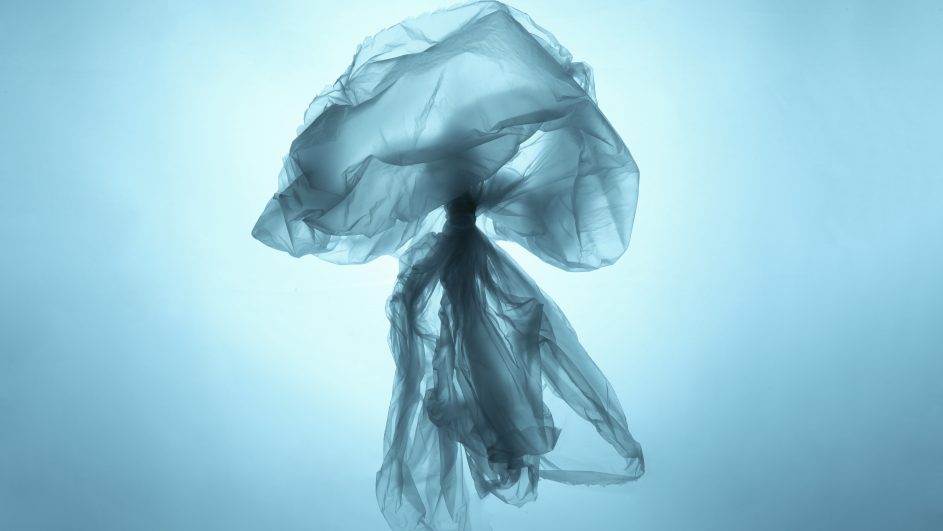Nature, Science
The Scent of the Sea
Synopsis
Imagine a world where suddenly everything smells different than it did before – food inexplicably loses its aroma or, even worse, smells tasty when in fact it’s poisonous! Imagine the things you see every day are no longer what you thought they were, or the familiar ambient sounds around your home, are now strange and disturbing. Alien brain manipulation? It is for some animals … and the aliens are us.
All animals depend on their senses but the senses of marine creatures that have worked perfectly for millions of years, for navigation and survival, are now being tricked. Every aspect of these animals’ instinctual behaviour; from knowing what food to eat, to recognising a deadly predator; is being affected.
Put your head under the waters of a coral reef and you will hear a constant noise, a mix of crackling, crunching and grinding sounds. These are the sounds of reef animals communicating, eating and locating themselves. There are fish talking to one another by producing sounds with their swim bladders, noisy parrot fish grazing on coral heads and sea urchins snacking on algae. But nothing can beat the pistol shrimp when it comes to sound effects. It snaps its claws louder than a gunshot!
Many organisms depend on this orchestra of underwater sounds to survive. Clownfish larvae use the marine music to locate their future home after hatching and developing in the open sea. But if the ambient sound of a reef changes, because one of the orchestra members disappears or an oil rig starts drilling nearby, then those little clownfish will be lost in the dangerous, open ocean.
This film investigates the vast array of marine creatures whose senses are tricking them to death because of the byproducts of human life. There are the sea cucumbers that mistake plastic for sand because they can’t differentiate between their textures, and the turtles that mistake plastic bags for jellyfish, then feast on them. The increase of carbon dioxide in the air is altering the chemistry of the ocean, making it harder for some animals to use smell to hatch, find prey, and survive. Shrimp, barnacles and oysters are all suffering.
We are only just beginning to understand the incredible sensory perceptions of marine organisms. Everything we learn can help safeguard their future. In this film we will explore how these senses, and the unique ways they are used to communicate, mate, hunt, and detect danger, keep the oceanic realm healthy.
Marine animals can no longer rely on what their senses tell them. Manmade changes deceive and mislead them and often end up deadly. However, some opportunistic animals might profit from change – adapt to the new sounds and chemistry of the sea. As research continues to uncover the effects of manmade changes to the environment it is becoming clear that every creature from a snail to a whale, is being affected.
Follow us on a journey to our precious marine habitats to see, listen and feel how animals perceive their environment and what challenges they face as our world interferes with theirs.








